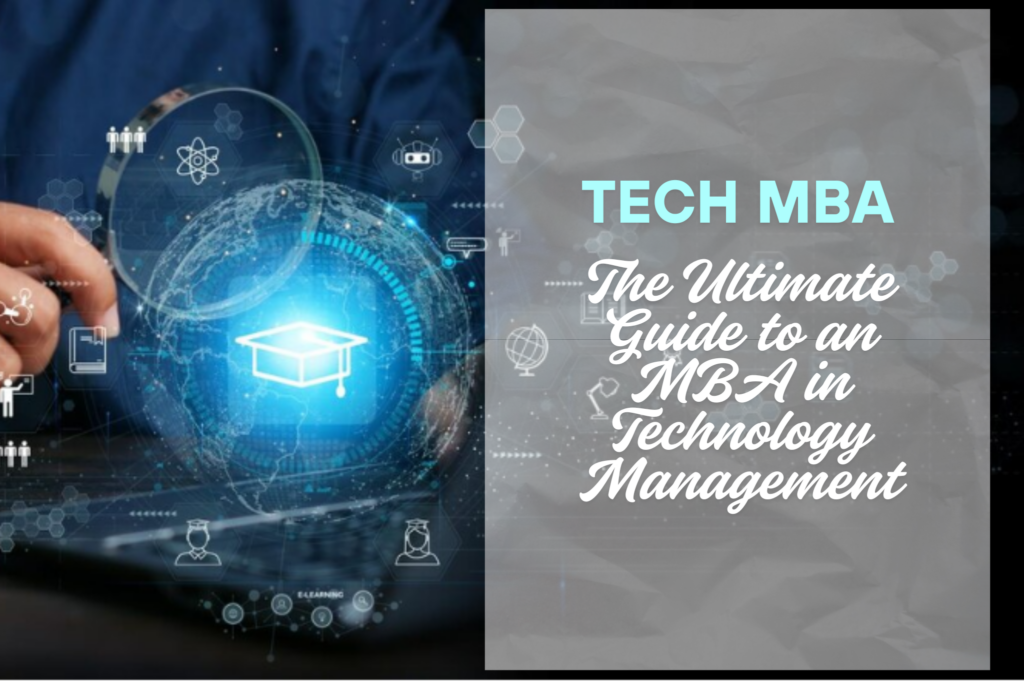Listen First! Lead with Data
A tete-a-tete with an IPL alumnus
- Understanding and proposing appropriate solutions in line with client expectations
- Articulating technical and business values of implementing CAST solutions, and
- Conducting technical value measurement initiatives with customers on a periodic basis.

In his words, “My end goal is to tie up my new business knowledge with my current technology expertise and adding value to organizations.” As part of this month’s alumni focus, we feature Abhishek Dutta in a candid tête-à-tête.
Q: How has your IPL experience helped you in your career?
AD: Very helpful, I would say. I recently made a career transition after almost 11 years in my previous company. The leadership coaching and the master classes conducted by Prof. Pinkesh Shah were in areas that I could directly apply in the interviews. Also, the knowledge I acquired through IPL helped me transition from a pure technology role into the business side of the technology landscape.
Q: How important is customer validation from a manager’s point of view?
AD: Extremely important, according to me. It is not only important in the startup ecosystem, it is also of paramount importance for enterprises to invest in qualitative and quantitative research into customer validation.
Having been in the enterprise space for the last 11 years, I often see large enterprises missing out on this crucial phase of a product journey. They almost go and develop products keeping some preconceived notion in mind and build out the complete product before taking a client feedback. This approach often ends up having a huge financial burden on the enterprises as the client might ask for changes to features that they never expected or will never use.
Q: What are the steps, according to you, that an organization needs to take to get their customer validation right?
AD: Build early and release early to the customers. Having an involved customer through the product development lifecycle is very important because they can give a reality check on what is being developed and if it is actually what they need. Often companies live in the bubble, “What we build is what the customer needs”, rather than building what the customer needs.
It is also very important for the field teams to be properly equipped and trained. They are the ones who work very closely with your end-customers. The insights they can bring to the table are going to be very valuable as they are the ones who understand the pain points of the customer first hand. Finally, having a closed loop with the field team and the engineering teams can work real well as they can provide quick feedback on the product features developed for customers.
Q: What do you ask your team to focus on when understanding client requirements?
AD: “Listen First”. Often in requirements gathering, in a bid to fit every client requirement into existing product features that are not at all relevant, enterprises make false promises on the product feature set. This has a trickle-down effect on the product/service development/delivery timelines, the quality of software and, in the end, severely affects customer satisfaction.
It is very important to be open to customers on what features are supported and what is not and needs development. Don’t try to portray that we have a readymade solution for everything. Rather, convey a message that we can build a solution for every problem. This way we can build trust.
Q: As a product leader, what skills drive maximum results from a customer’s point of view?
AD: Empathy towards the customer and the ability to listen and then act rather than act, and then listen.
Q: What are some things you learned at IPL that you have applied back into your job and life?
AD: The most important learning from my journey with IPL till date is talking with data and how to present that data in a compelling and meaningful way. Often, we used to go to customers with presentations crammed with unnecessary and cluttered data. Prof. Pinkesh has been very instrumental in making us understand that more is not always good.
The second most important aspect personally for me is the emphasis on Leadership Skills such as presentation. The numerous opportunities and platforms that IPL has provided to hone up this skill have been invaluable. Now I am more confident in going and speaking to client executives with a more data-driven and refined approach. And I can see the difference!




